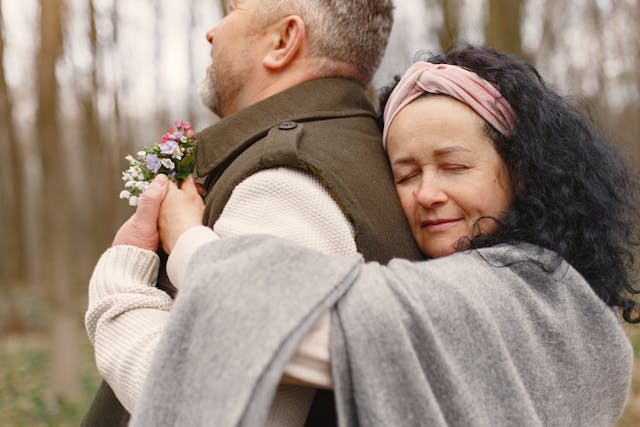Life can be wonderful, beautiful, deeply satisfying, and a real adventure. However, we pay for that with the freedom to experience pain, difficulty, loss and trauma. When those circumstances arise, it’s easy to feel unmoored and lost. It’s also true that as there’s no limit to the beauty and good news you can receive, traumatic experiences rarely ask permission to make their presence in your life, and can happen one after the other.

Thankfully, with the ability to communicate your struggles and manage self-care, while also relying on a support network, it’s more than possible to come out the other side feeling better. In this post, we intend to help you achieve exactly that.
Remove Obligation & Communicate Your Difficulty
You’re likely tougher than you think, and it’s easy to think you can go on without much trouble. But when you go through a traumatic experience, everything feels heavier, and even simple tasks can seem hard to deal with. That’s why it’s very wise to lighten the load wherever you can.
This might mean asking your boss for a break or letting go of non-essential responsibilities for a while such as not necessarily heading to that summer event you were booked in for. It’s not about giving up or isolating yourself to begin with, but creating space to heal.
It’s equally important to open up about these struggles. It’s tempting to put on a brave face and soldier through, dismissing concerns or worries, but that often does more harm than good. Sharing with trusted friends, family, or professionals isn’t a sign of weakness for you, but an act of courage. You don’t have to share every detail. Sometimes, just saying “I’m going through a tough time right now” can make a world of difference and give you a bit of a breather.
Find Calming Distractions That Help You Avoid Ruminating
The, more than almost anything else, is a troubleshooter. It’s primed to figure out problems and difficulties and ways around them. Trauma, however, cannot be solved with rational thought. It’s an emotional state. So ruminating and constantly replaying the events over and over rarely helps, even though your subconscious mind is just trying to help.
The healthier trick is to find activities that are engaging enough to hold your attention, but not so demanding that they stress you out. This could be anything from gardening to doing puzzles, or even just taking a quiet walk. You might not play them often, but video games are amazing for this. They require focus and attentiveness and can help you enjoy interactivity without being too demanding. Even just a simple game of solo chess can give you the distraction you need without isolating yourself. Some even swear by the power of Tetris to help prevent trauma. It can’t hurt to give it a go.
Head To Optional Support Groups & Programs
Being around people who get what you’re going through might seem a little daunting at first – you might wonder if you really want to dwell among people in pain and going through the worst time of their lives as you could be. But don’t dismiss it. Support groups can provide that understanding, along with practical advice and emotional support that you may really be in need of. These can be optional, but you’d be surprised how enriched you’d feel if you go.
Better yet, many communities offer support groups and many are free. Some are for specific kinds of difficulty such as losing a relative to addiction, while others are more general such as dealing with bereavement. It’s worth looking into what’s available near you. You might find a group that feels just right and make friends. It can’t hurt to expand the people you appreciate at a time like this, when the world feels like a scary and cruel place. Even just sharing a tea with a group in silence can be nourishing.
Be Very, Very Kind To Yourself
So far we’ve given you a list of recommendations for you to be proactive about, but really, being kind to yourself is important, arguably more so than anything else. Treat yourself like a best friend you’re responsible for taking the utmost care of.
That might mean taking a lie-in one morning. Another, it may mean giving yourself an ice cream. Don’t justify or excuse. You’re in a recovery period right now and whatever helps you recover, even if it is a few small comforts, can be helpful. Just make sure not to turn to options that seem soothing but ultimately harm you further, such as alcohol or expressing your anger unhealthily. Also realizing you’re likely not going to heal from trauma perfectly. It’s okay to be a little less than neat and composed right now.
With this advice, we hope you can move through this tough time in your life with clarity and purpose.
















Add Your Comment